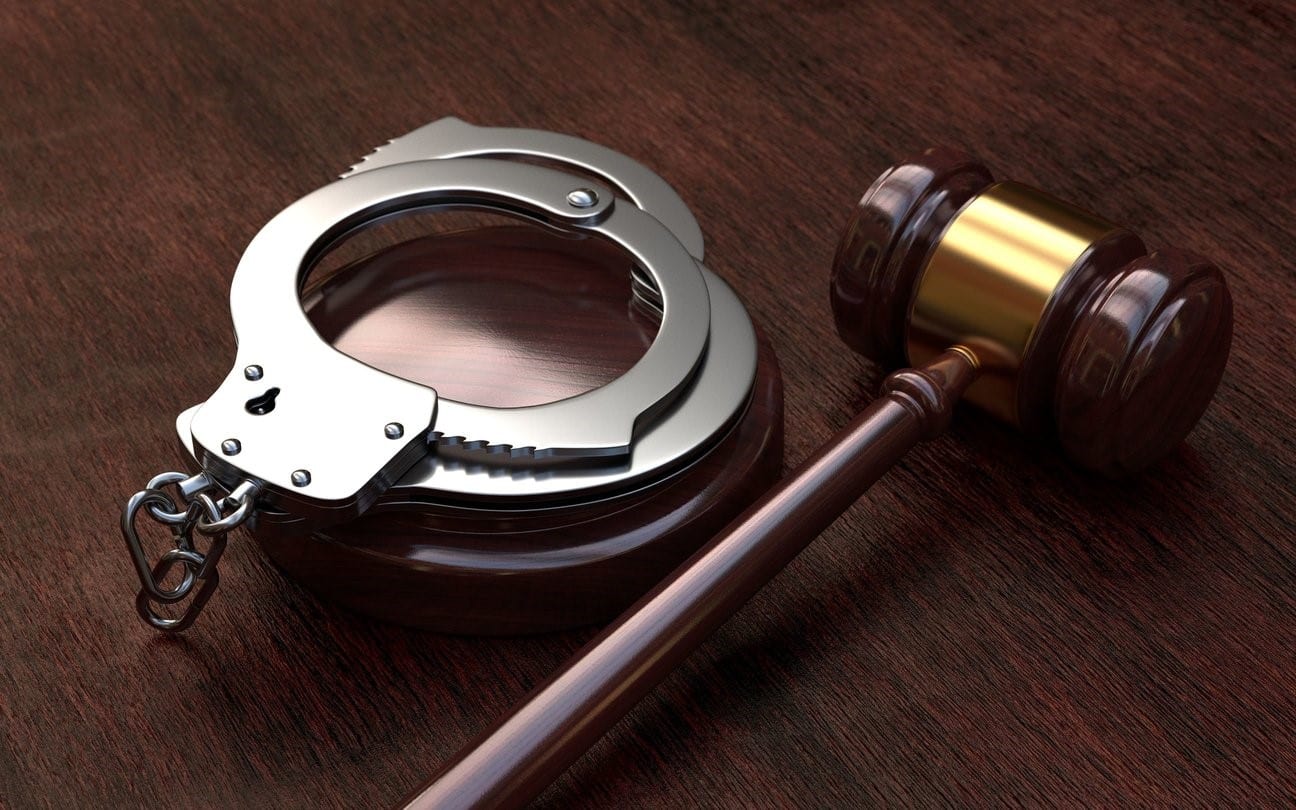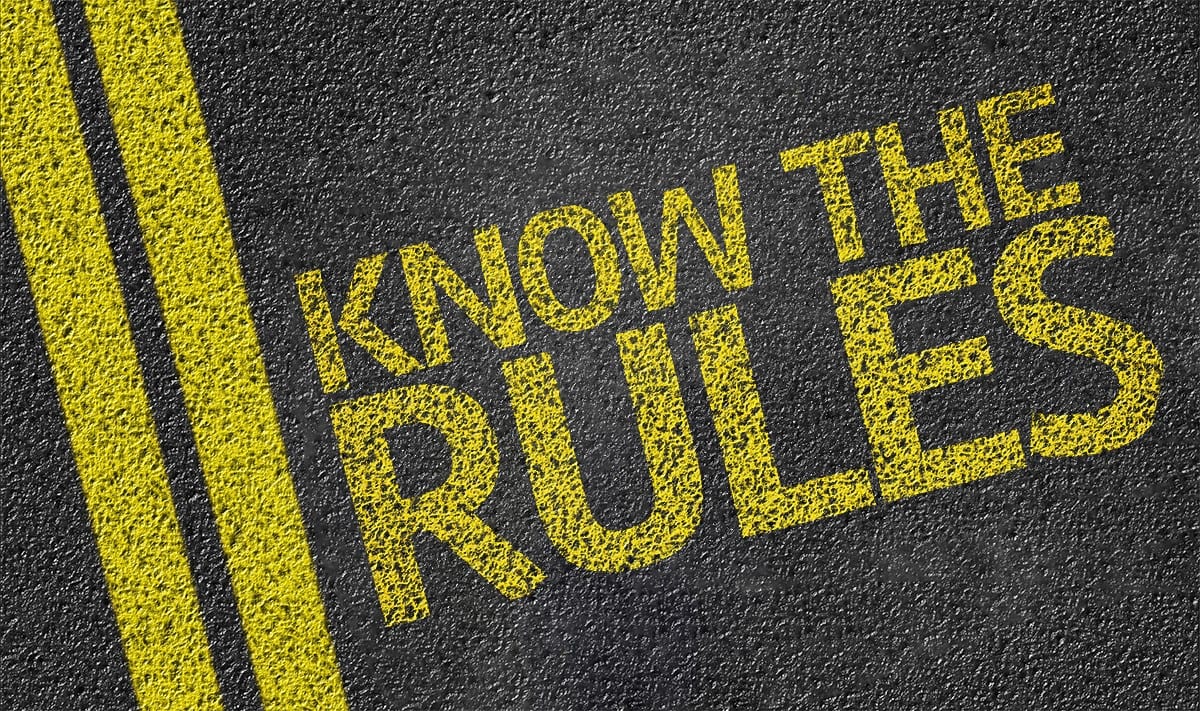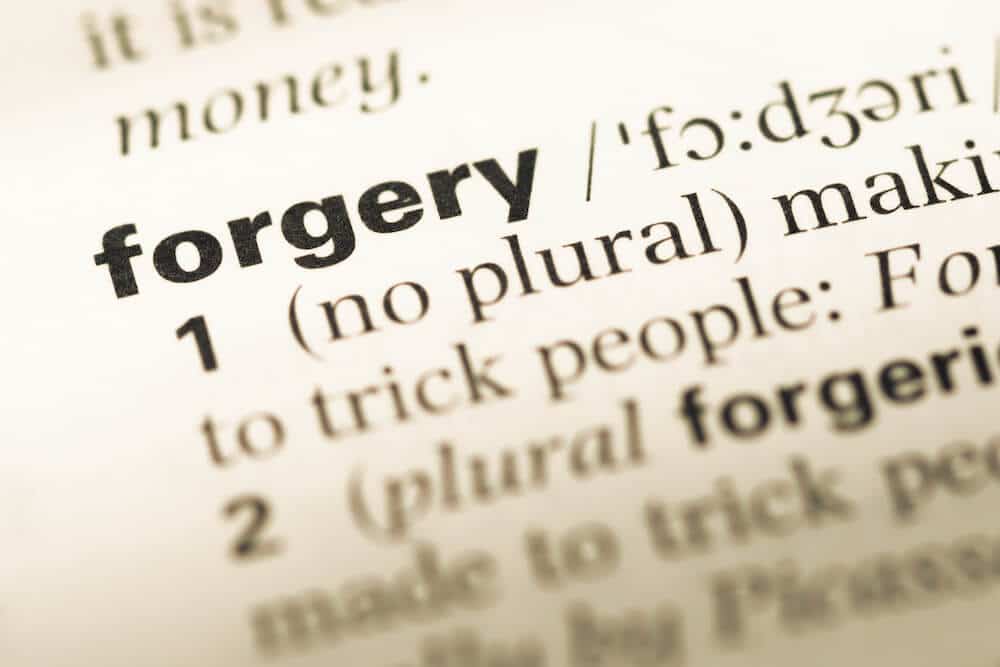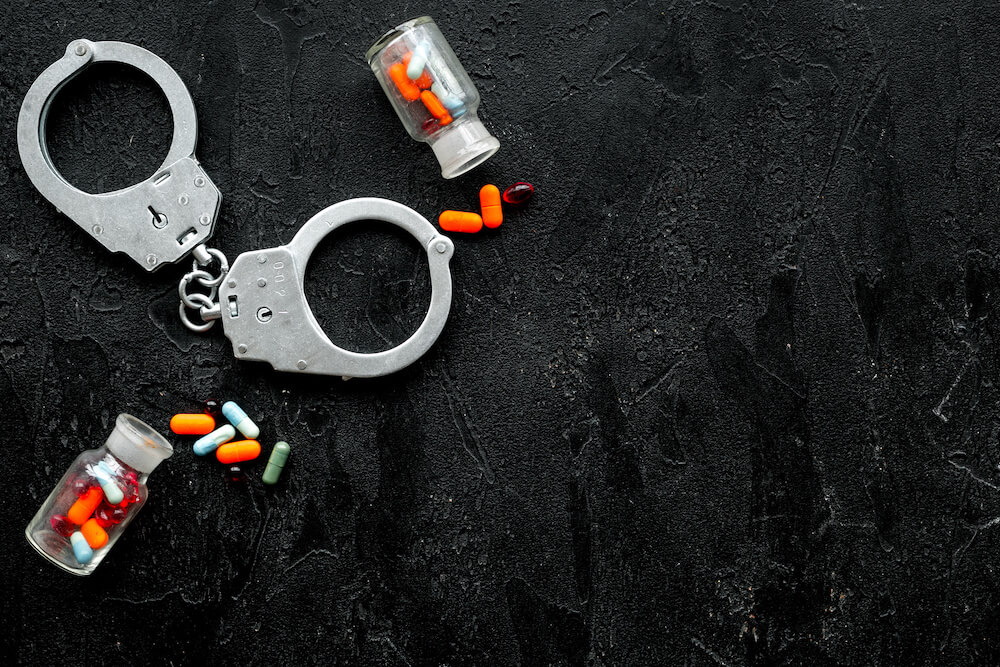- Home
- THE FIRM+
- Criminal Defense+
- CASE RESULTS
- AREAS WE SERVE+
- FAQ’s
- Blog
- Contact
AZHARI LLC BLOG
Jan. 17 2017
Three New Illinois Laws Regarding Probation in 2017

Posted By: Sami Azhari
Category:
If you are waiting on a court date in 2017, you may be crossing your fingers for probation or dropped charges rather than jail time.
Well, there’s some good news. Today, probation is more likely than ever for many different individuals due to new laws that went into affect on January 1. These new laws also give offenders who are already on probation more opportunities to clean up their criminal record.
To understand the options that are currently available to you, check out the changes to the law that just went into effect below.
Changes to the Length of Juvenile Probation
Minors who are charged with crimes already faced less serious consequences than adults. One of our state’s new laws changes penalty guidelines to reduce these penalties even further.
Before this year, many juveniles faced a five-year mandatory period of probation if found guilty of certain offenses. HB 6291/PA 99-0879 eliminates this requirement on all crimes except first degree murder.
Juveniles will still face probation – it just won’t have to be as long. The law lowers the probationary period for juvenile crimes across the board, including for things like aggravated battery with a firearm and criminal sexual assault.
Moreover, when it comes to controlled substance crimes, the new law prohibits judges from committing minors to the Department of Juvenile Justice (DJJ) for Class 3 or Class 4 controlled substance crimes. The only time a judge can commit a minor to the DJJ is if the minor has multiple probation violations under his belt.
More Time to File a Motion to Vacate the Judgment of Conviction
Sometimes, following your probation will allow your conviction to be dropped altogether from your record. It’s called vacating the judgement of conviction.
Specifically, you are able to do this if you are on probation and have to complete alcohol or drug addiction treatment. The second new probation law gives you more time to file this motion, and more of a chance to have your guilty conviction set aside.
A Strengthening of Presumptive Probation
If you are charged with a Class 3 or Class 4 felony, have not been on probation before, and were not charged with a violent crime, you are more likely to be sentenced to probation. SB 3164/PA 99-0861 has strengthened the presumption of probation for these types of offenders.
This which means the judge will presume that the offender is entitled to receive probation for his or her crimes if found guilty rather than being placed in incarceration. Even though probation is not ideal for many offenders, it certainly beats jail.
Once You Are Put on Probation
Despite being preferable to prison, probation is certainly not a “get out of jail free” card. There are still all kinds of rules and restrictions that you must follow while you are on probation, which may include:
- Frequent meetings with a probation officer
- Drug and alcohol addiction treatment
- Anger management or other forms of counseling
- Obeying a protection order
If you follow your probation and complete all of its requirements, you may be eligible for a vacated judgment or to have your criminal record expunged. If, however, you do not follow your probation, or if you commit another crime while you are on probation, there is a good chance that a judge will not only send you to jail, but that you will face increased penalties.
Want to learn more about how these changes to the law may impact you or someone you love? Get in contact with an Illinois defense lawyer to discuss your specific situation and the options that may be available to you.
About the Author
Sami Azhari has been working as a lawyer since 2007, after receiving his Juris Doctor from the Michigan State University College of Law. He has handled numerous state and federal cases, and is known throughout the Chicago and Rolling Meadows area for providing his clients with high-quality, skilled representation. He has been recognized by SuperLawyers, the National Trial Lawyers Association, and other notable organizations, and has spoken at a number of legal conferences.


























































